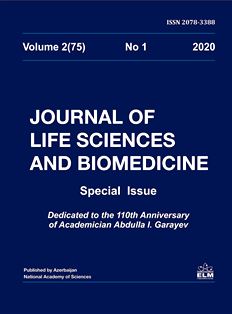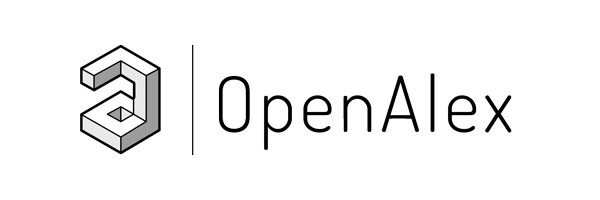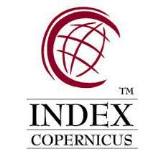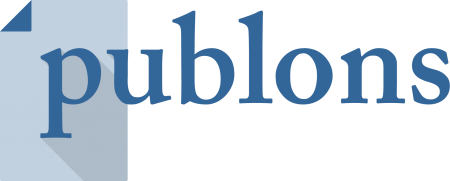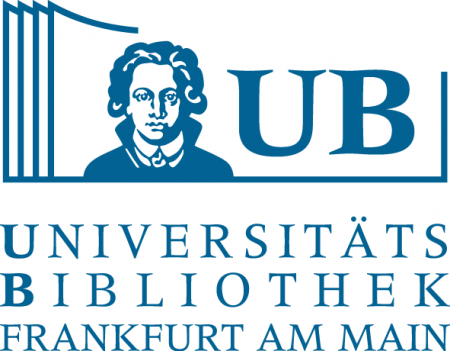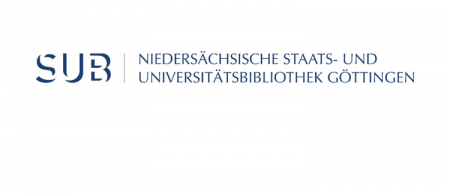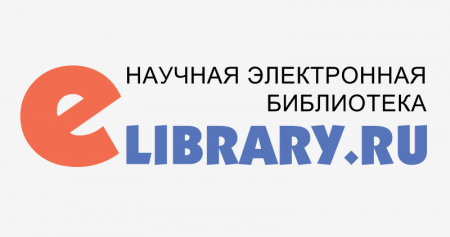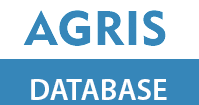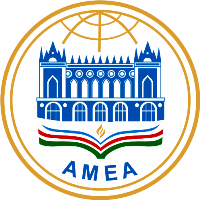
Artificial Policy
Archiving Policy
Our Scientific Journal is fully committed to the Open Access policy. All published scientific articles are made freely available on our website and accessible to all readers. In addition to the journal’s official website, archived issues and articles are also available on trusted platforms such as Internet Archive (archive.org), ResearchGate, and Scribd.ru, providing authors with multiple access points for their work.Copyright
Once an article is accepted for publication, the authors will be required to complete a Publication Agreement. Acceptance of this agreement grants the journal the right to disseminate the article. The corresponding author will be notified of the manuscript’s acceptance along with the Publishing Agreement form for completion.
Artificial Intelligence (AI) Policy
Journal of Life Sciences and Biomedicine
Belongs to: Division of Biological and Medical Sciences, Azerbaijan National Academy of Sciences
Print ISSN: 2710-4915 Online ISSN: 2710-3447
Editor-in-Chief: Academician Ahliman T. Amiraslanov, MD, Prof.
Associate Editor: Academician Irada M. Huseynova, PhD, Prof.
Purpose
This policy outlines the responsible use of Artificial Intelligence (AI) tools in research and publishing processes for authors, reviewers, and editors contributing to the Journal of Life Sciences and Biomedicine (J. life sci. biomed. (Baku)).
1. AI Use by Authors
Permissible Use: Authors may use AI tools (e.g., ChatGPT, Grammarly, DeepL) for language editing, grammar checks, and data analysis assistance, only under human supervision. The final manuscript must reflect the authors’ intellectual contributions.
Disclosure Requirement: If AI tools were used for any content creation, data analysis, or translation, authors must disclose their use in the Acknowledgments or Methods section. Example statement:
“Portions of the manuscript were edited using ChatGPT (OpenAI) under the direct supervision of the authors.”
Prohibited Use:
AI-generated content without human oversight and critical review.
Listing AI tools as co-authors.
Submitting AI-generated images, data, or results without verification and disclosure.
2. AI in Peer Review and Editorial Process
Reviewer Use: Reviewers are prohibited from inputting unpublished manuscripts into AI tools due to confidentiality and data privacy concerns. Use of AI for summarizing content or grammar correction is allowed only without uploading identifiable manuscript content.
Editorial Use: Editors may use AI tools to support administrative processes (e.g., plagiarism checks, reference formatting), but editorial decisions must always be made by humans.
3. Accountability and Integrity
All submitted work must comply with the journal’s ethical standards. Authors are fully responsible for the accuracy, originality, and integrity of content—whether AI-assisted or not.
Misuse of AI tools (e.g., fabrication of results, undetected plagiarism) will be treated as a breach of publication ethics and may lead to rejection or retraction.
4. Updates and Transparency
This policy will be regularly updated to reflect advancements in AI technologies and international publication ethics. Authors and reviewers are encouraged to consult the latest version prior to submission or peer review.
Issued by:
Editorial Office, Journal of Life Sciences and Biomedicine
Division of Biological and Medical Sciences, Azerbaijan National Academy of Sciences

